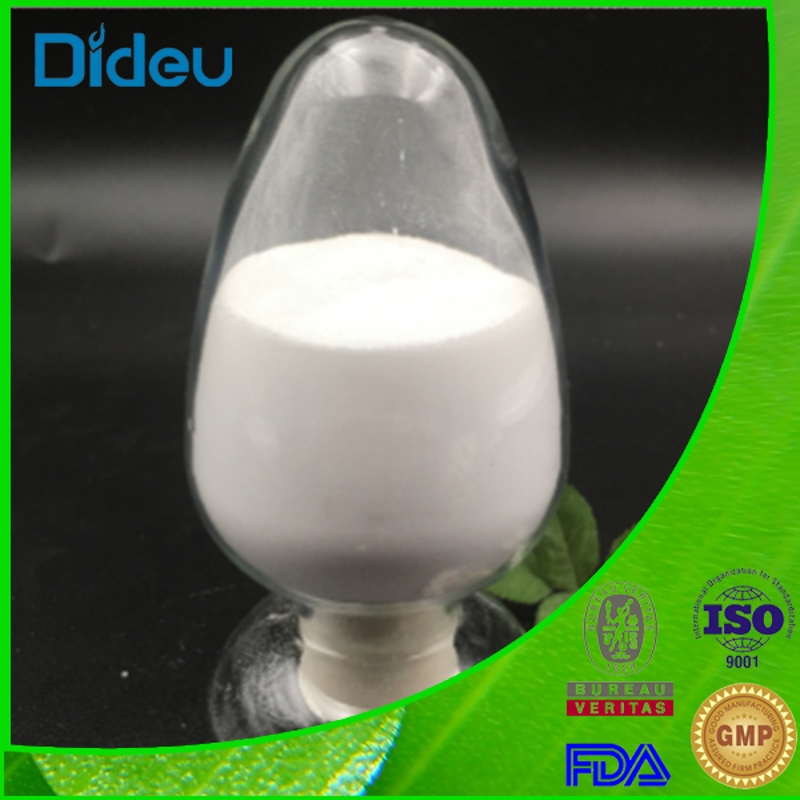-
Categories
-
Pharmaceutical Intermediates
-
Active Pharmaceutical Ingredients
-
Food Additives
- Industrial Coatings
- Agrochemicals
- Dyes and Pigments
- Surfactant
- Flavors and Fragrances
- Chemical Reagents
- Catalyst and Auxiliary
- Natural Products
- Inorganic Chemistry
-
Organic Chemistry
-
Biochemical Engineering
- Analytical Chemistry
- Cosmetic Ingredient
-
Pharmaceutical Intermediates
Promotion
ECHEMI Mall
Wholesale
Weekly Price
Exhibition
News
-
Trade Service
May 28, 2020 /
Bio-ValleyBIOON/--Low-carbohydrate, high-fat ketogenic diets have attracted public attention in recent years because they are thought to reduce inflammation, promote weight loss and heart health, and a recent study by the University of California, San Francisco (UCSF) of a small group of volunteers found that the ketogenic diet has a significant impact on the human gut microbiomeOther experiments in mice have shown that the so-called "ketone" -- a molecular by-product of the name "ketogenic diet" -- directly affects the gut microbiome and may eventually inhibit inflammation, suggesting that ketones may be beneficial as a treatment that affects the intestinalautoimmunedisordersin a ketogenic diet, carbohydrate consumption is significantly reduced to force the body to change its metabolism, with fat molecules rather than carbohydrates as the main source of energy -- the production of ketones as a by-product -- a shift that proponents of this shift claim symbiosis"I'm interested in this issue because previous studies have shown that in mice, a high-fat diet can induce changes in gut microbes, boost metabolism and other diseases, and the ketogenic diet has higher fat content, which has been proposed as a diet to prevent or even treat diseases." DrPeter Turnbaugh, a member of UCSF Benioff's Center for Microbiology Medicine, Associate Professor of Immune Biology and Microbiology, is a researcher at Mark Zuckerberg Biohub"We decided to explore this confusing distinctionimage source: CellIn their new study published May 20, 2020 in The Journal of Cell, Turnbaugh and colleagues, in collaboration with the nonprofit Nutrition Science Initiative, recruited 17 adult overweight or obese non-
-diabetesmale patients to stay in metabolic wards for two months, where their diet and exercise levels were carefully monitored and controlledhighlights of the study include: the ketogenic diet changes the gut microbiome in a different way than a high-fat diet; that some of the changes in the gut microbiome caused by the ketogenic diet are driven by the production of ketones in the host body; that beta-hydrohybutyric acid selectively inhibits the growth of Bifidobacteria; and that the gut microbiome associated with vitamin D lowers the level of intestinal Th17 cellsin the first four weeks of the study, participants were either given a "standard" diet consisting of 50 percent carbohydrate, 15 percent protein and 35 percent fat, or a ketogenic diet consisting of 5 percent carbohydrate, 15 percent protein and 80 percent fatFour weeks later, the two groups changed their diets, allowing researchers to study how changes in the two diets altered the participants' microbiomeanalysis of microbial DNA found in participants' stool samples showed that the shift between the standard and ketogenic diet significantly changed the proportion of common gut microbiomes in the participants' intestines, including significant changes in 19 different bacterial genusThe researchers focused on a particular bacteria, common probiotic Bifidobacteria, whichthe mostin the ketogenic dietTo better understand how microbial changes in the ketogenic diet affect health, the researchers exposed human mice's guts to different gutbacterialin people who adhered to the ketogenic diet, and found that these altered microbial populations specifically reduced the number of Th17 immune cells, a Type of T-cells that are essential for fighting infections, but also promote inflammation ofautoimmunediseasesIn subsequent dietary experiments in mice, researchers gradually divided the animal diet into low-fat, high-fat and low-carbohydrate ketogenic diets, confirming that a high-fat diet and a ketogenic diet had the opposite effect on the gut microbiomeThese findings suggest that the microbiome's response will vary when the level of fat in the animal diet increases to the level that promotes ketone production without carbohydratesresearchers observed that as animals shifted from a standard diet to stricter carbohydrate restrictions, microbes in their bodies began to change, linked to a gradual increase in ketones"It was a bit of a surprise to me," Turnbaugh said"As someone who has just come into contact with ketones, I thought that once carbohydrate intake is low enough, producing ketones is a desperate effectBut this study suggests that you may soon be affected by ketones "
researchers tested whether ketones could drive the changes they observed in the gut microbial ecosystem alone by feeding ketones directly to mice They found that even mice that ate a normal amount of carbohydrate, just adding ketones was enough to produce the microbial changes common in many ketogenic diets "This is a very interesting finding because it shows that the effect of the ketogenic diet on the microbiome is not just the diet itself, but how the diet changes the body's metabolism, which in turn has a downstream effect on the microbiome," Turnbaugh said "For many people, maintaining a strict low-carbohydrate or ketogenic diet can be challenging, but future studies could make a more delicious treatment if future studies find that microbial changes caused by ketoids themselves are good for health," he said (biovalleybioon.com) reference: Ketogenic s alter gut microbiome in humans, mice
Ketogenic KetTs Thuth Gut Microbiome Resulting in Yn'erD Intestinal Th17 Cells.
Cell 2020 DOI: https://doi.org/10.1016/j.cell.2020.04.027







